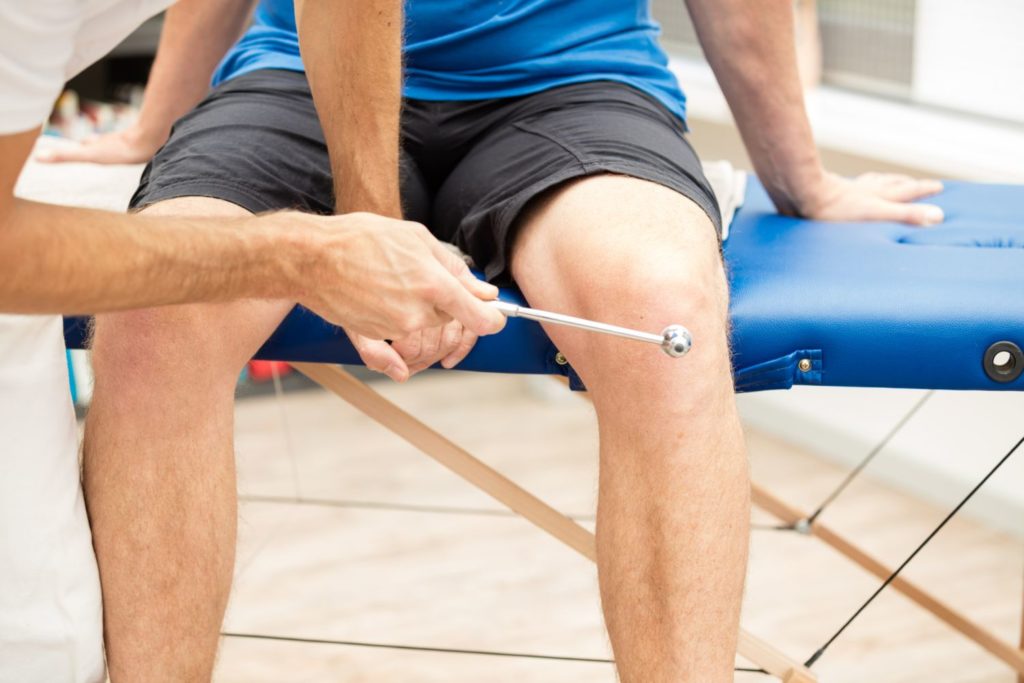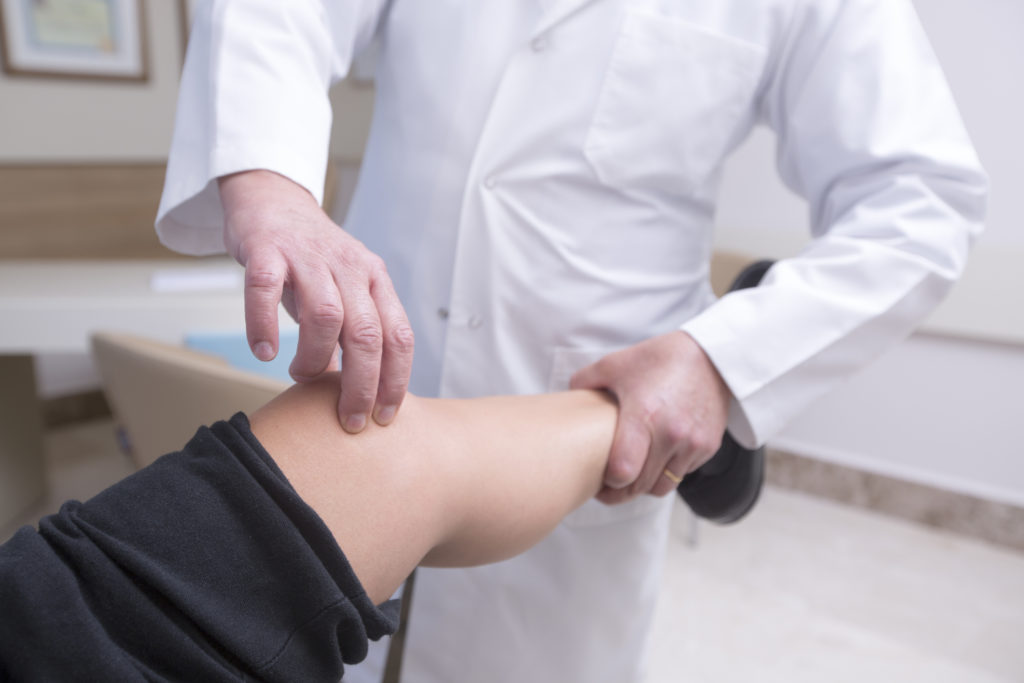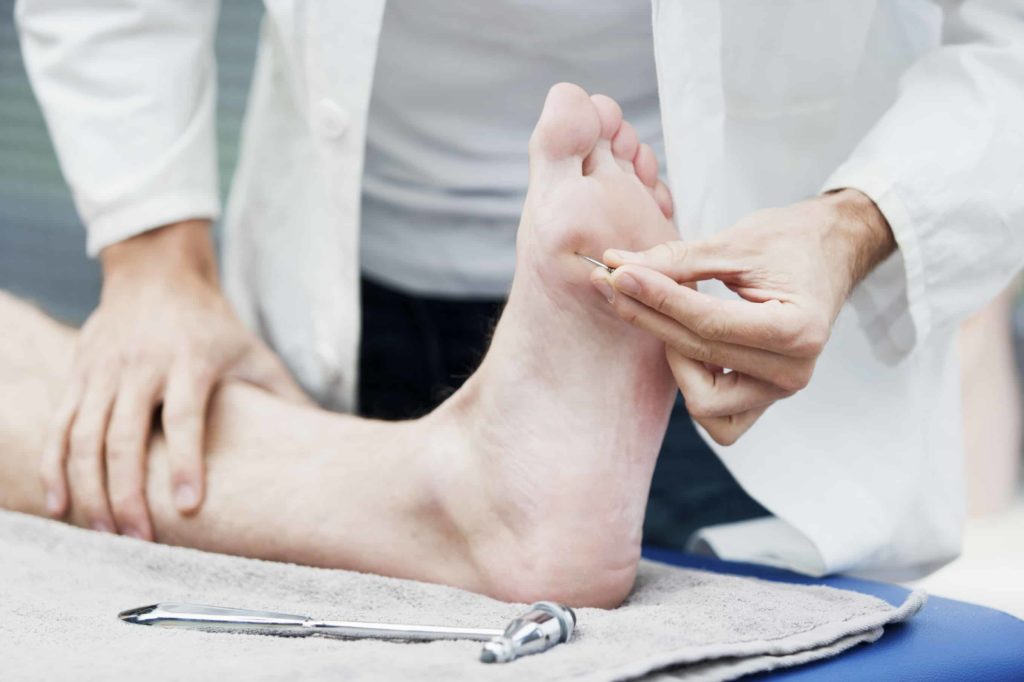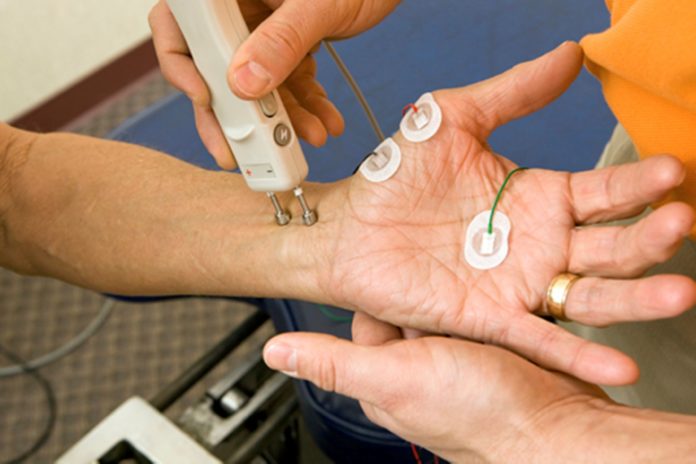Neuropathy is a general term used to describe damage or disease affecting the nerves. Neuropathy can affect any nerve in the body, but it most commonly affects the nerves in the feet and hands. They can cause a wide range of symptoms, including pain, numbness, tingling, and weakness.
There is no one-size-fits-all approach to treating neuropathy. The best treatment approach for you will depend on the underlying cause of your neuropathy and the severity of your symptoms.

Neuropathy can be a painful and debilitating condition, but there are many things you can do to combat it. Here are 10 ways to combat neuropathy:
- See your doctor. Neuropathy can often be managed with medication and lifestyle changes. Early diagnosis and treatment are key to preventing the condition from getting worse.
The first step in combating nerve pain is to see your doctor and find out the underlying cause. Once you know the cause of your neuropathy, you can work on treating that condition and hopefully stop or reverse the progression of neuropathy.
- Follow your treatment plan. If you have been diagnosed with neuropathy and once you have a treatment plan from your doctor, it’s important to follow your treatment plan closely. This may include taking medications prescribed by your doctor, following a specific diet, or undergoing physical therapy. Neuropathy can often be managed with medication and lifestyle changes.
- Exercise regularly. Exercise is one of the best things you can do for your overall health, and it’s especially important if you have neuropathy. Exercise helps keep your muscles strong and can help improve blood flow to your limbs. It can also help you maintain your muscle mass and strength, and can help improve your mood.
Exercising also helps improve your overall health and well-being and helps keep your weight under control, which can be helpful if you have diabetes.
So, try to get at least 30 minutes of exercise every day to reduce the symptoms of neuropathy.

- Eat a healthy diet. Eating a healthy diet is important for everyone and it’s also especially important if you have neuropathy.
Eating a balanced diet that includes plenty of fruits, vegetables, and whole grains will help keep your body healthy and strong, which can help prevent or slow the progression of neuropathy.
It’s also important to avoid foods that are high in sugar and unhealthy fats. These foods can contribute to weight gain and diabetes, both of which can worsen the symptoms of neuropathy.
- Stay hydrated. One of the best things you can do for your health is to drink plenty of water. Staying hydrated helps keep your body healthy and can also help improve blood flow to your limbs. It’s especially important to drink plenty of water if you have neuropathy, it helps keep your body functioning properly and can reduce the symptoms of neuropathy.
It is also important to avoid drinking caffeine and alcohol, as these can dehydrate you.
- Get regular check-ups. It’s important to get regular checkups with your doctor, even if you’re feeling healthy. Checking in with your doctor regularly can help ensure that your neuropathy is under control and that there are no other underlying health conditions that need to be addressed. Your doctor will track the progression of your neuropathy and can make changes to your treatment plan as needed.
- Use a hand cream or lotion. Neuropathy can cause your skin to become dry and cracked, so it’s important to keep them moisturized. Using a good hand cream or lotion can help keep your skin healthy and hydrated. This will help keep your skin healthy and can also help reduce the pain and numbness associated with nerve damage.
There are many different types of hand cream or lotion available, so look for a hand cream or lotion that contains moisturizers, vitamin E or aloe vera, and antioxidants that can help moisturize your skin and reduce the cause of nerve damage. And make sure to use it every day.

- Wear gloves when you garden or do chores. Doing household chores or gardening can be hard on your hands, so it’s a good idea to wear gloves. This will help protect your hands from hot water, harsh chemicals, and other irritants that can cause your hands to become dry and cracked.
There are many different types of gloves available, so choose a pair that is comfortable and fits well. And make sure to wear them when you do chores or garden in the wintertime.
- See a podiatrist if you have problems with your feet. They can cause problems with your feet, such as blisters, calluses, and ingrown toenails. So, it’s a good idea to see a podiatrist. They can help treat any foot problems you may have and can also offer advice on how to care for your feet.
Podiatrists can help you take care of your feet and can provide you with special shoes or inserts that can help relieve the symptoms of neuropathy.
- Massage your hands and feet. Massaging your hands and feet can help improve blood flow to these areas and can also help relieve the pain and discomfort associated with nerve damage.
There are many different types of massage, so find one that feels good for you and that you can do regularly.
Now that you know these 10 tips you can incorporate them into your daily life and boost not only your neuropathic but also your overall health as well.



